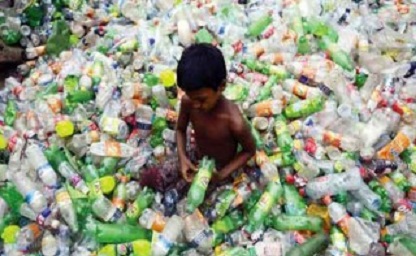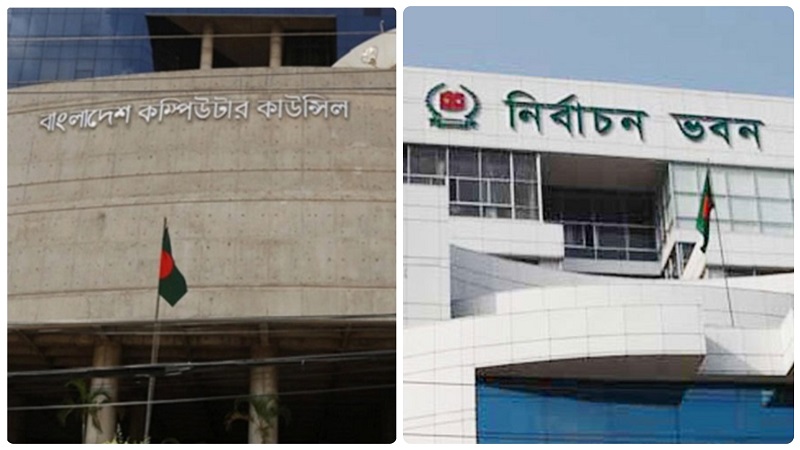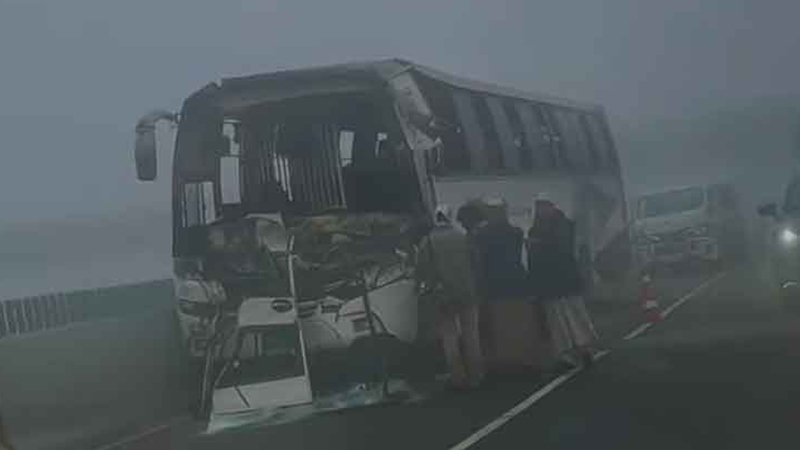Bangladesh has been ranked 113th among 158 countries on the Commitment to Reducing Inequality Index 2020, making the country a poor performer in efforts to reduce inequality despite significant economic growth, according to a latest global report.
The country lagged behind the Maldives, Sri Lanka, Afghanistan and Nepal in South Asia in terms of decisive actions in introducing policies to fight rising inequality, said the report titled ‘Fighting Inequality in the Time of COVID‑19’.
Bangladesh, however, did better than India, Pakistan and Bhutan in the ranking.
Oxfam and Development Finance International on Thursday jointly released the index.
The index monitors what governments are doing through their policy commitments and actions such as free public healthcare, and fair taxation on rich people to reduce inequality.
Local experts also said that GDP growth and higher per capita income failed to address the rising inequality in Bangladesh.
There are also lack of policy interventions and commitments to tackle the inequality amid unequal distribution of growth, they said.
According to the Bangladesh Bureau of Statistics, the country’s per capita income doubled in the past eight years to $2,064 in 2019–20 from $1,054 in FY 2013.
Earlier the Centre for Policy Dialogue in a study said that the income inequality measured by Gini coefficient might rise to 0.52, above the danger point of 0.50 this year due to coronavirus fallout.
Oxfam and DFI report said that Bangladesh made some strides to improve social indicators but did as not take decisive actions in introducing policies to fight rising inequality.
Some progressive measures were, however, introduced during the COVID response, including spending $11 million on bonus payments for health workers and adding 24 million people to its social protection schemes, it said.
It also said that the growth was accompanied by income inequality as the Gini coefficient of income rose from 0.458 in 2010 to 0.482 in 2016.
‘The actual inequality picture may be worse as household surveys mostly fail to capture information from ultra-rich households,’ it said.
In the past three decades, the income share of the bottom quintile has decreased to 5.12 per cent in FY 2016 from 6.52 per cent in FY 1992, according to the report.
On contrast, the share of the top quintile saw an increase of 5.47 percentage points from 44.96 per cent to 50.43 per cent during the period, it said.
In the previous CRI 2018, Bangladesh ranked 148th among 157 countries.
The organisations, however, said that a direct comparison of the overall rankings was not possible as the latest CRI had gone through a series of methodological improvements since 2018.
The country is also among the poorest performers on the public services ranking where it came 142nd because it’s spending and services for the poor are very low.
Bangladesh spends very little on health, just 5.04 per cent of the total government budget.
Still one-fourth of households in Bangladesh spent over 10 per cent of their incomes on health. Social protection spending was also extremely low at 6.14 per cent of the budget in 2019.
Bangladesh has also been placed at the 109th position in the labour ranking and ranked at 148 in labour and union rights out of 158 countries.
In the tax ranking, Bangladesh was put at the 32nd position among 158 countries in CRI.
The South Asian Network on Economic Modelling executive director Selim Raihan said that inequality in the country increased over the last decade along with higher economic growth meaning that the growth failed to reduce inequality.
There are lacks of actions, policies as well as commitments to tackle the disparity, he said.
Tax policies, major instruments of fighting inequality, are regressive in the country where rich people evade tax and pay less than they are supposed to pay, he said.
Social instruments for reducing inequality also weaker with very lower expenditure on health, education and social safety nets, he said, adding that existing health and education system rather induced inequality. The lack of actions against corruption, money laundering and black money also widens the disparity in society, he added.













